14 Childhood Moments That May Have Been Signs of Emotional Manipulation
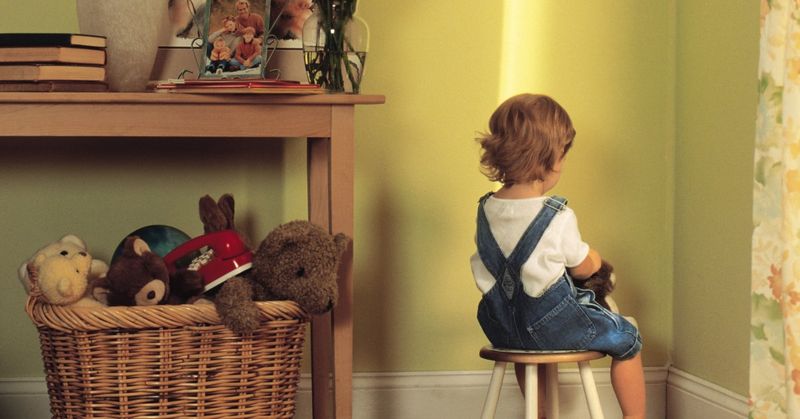
Growing up in environments where adults dismissed, denied, or distorted your experiences can leave lasting effects. If any of the following scenarios sound familiar, you may have been gaslit during your childhood without even realizing it.
1. “You’re Too Sensitive”
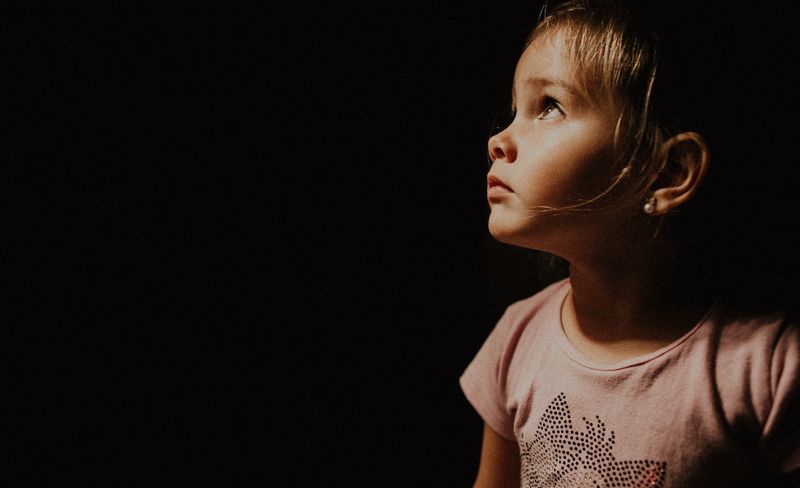
It’s unsettling how often children’s emotions are written off as weakness. When you cried, expressed hurt, or reacted emotionally, adults may have accused you of being too sensitive instead of offering comfort or understanding.
This tactic teaches you to second-guess your own feelings. You start believing that your emotional responses are excessive or invalid. Over time, this erodes emotional confidence and causes you to suppress your instincts.
As an adult, you may struggle to express vulnerability without shame. Being labeled as “too sensitive” conditioned you to prioritize other people’s comfort over your own emotional truth.
2. “That Never Happened”

Recalling a painful or confusing event and being told you imagined it creates a rift in your perception of reality. You may have remembered a parent breaking a promise, yelling, or behaving unfairly—only to be met with denial.
Hearing “that never happened” forces you to doubt your memory and gut instincts. It leads to an internal conflict between what you remember and what you’re told is true.
This subtle manipulation teaches you not to trust yourself. It can cause long-term damage to your ability to advocate for yourself or speak up when you’re wronged.
3. “Stop Crying or I’ll Give You Something to Cry About”
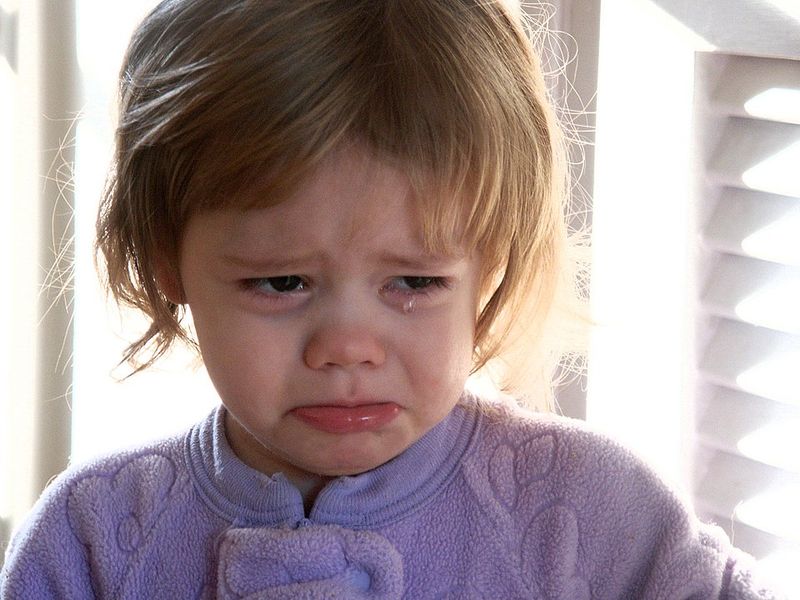
This phrase wasn’t just a threat—it was a message that your emotions were a problem. Instead of being consoled when you were upset, you were punished for showing pain.
Such responses teach children that sadness or frustration is unacceptable. Rather than learning to process emotions in a healthy way, you learned to bury them out of fear.
That kind of fear-driven emotional suppression can stick with you for life. You might now hesitate to cry, show weakness, or even admit when you’re struggling—all because vulnerability was once met with punishment.
4. “It’s Not a Big Deal”

When something felt monumental to you as a child—like losing a toy, being excluded, or having a fight with a friend—you might have been told it wasn’t a big deal. But for you, it was.
These dismissals taught you early on that your experiences didn’t matter. Over time, you learned to internalize your pain and stop reaching out for support.
As an adult, you may minimize your own struggles or fail to seek help when you need it. That conditioning came from being told your problems were never important enough to take seriously.
5. When Your Apologies Were Demanded but Theirs Were Never Given
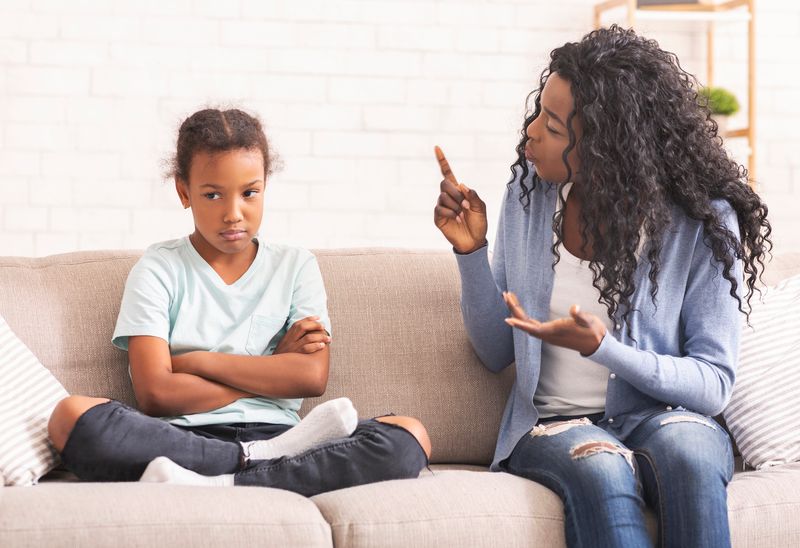
There’s a double standard when children are forced to apologize, even when they don’t fully understand what they did wrong—while adults refuse to say sorry for their own behavior.
This imbalance teaches you that authority excuses accountability. You might have felt confused when you were scolded for a small mistake, yet the adults who hurt you faced no consequences.
As a result, you could now feel an obligation to over-apologize or take blame even when it’s not yours. The message you received? Your feelings come second, and adults are always right.
6. Being Punished for Telling the Truth
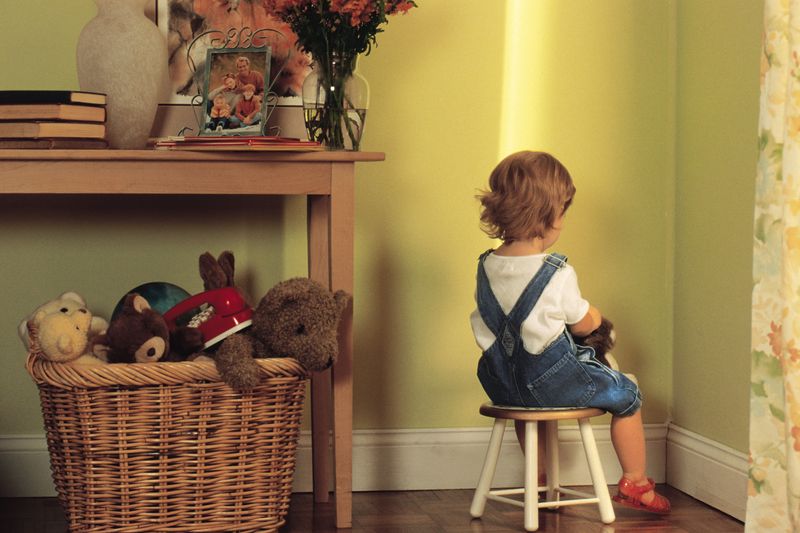
Maybe you confessed to breaking something or admitted to making a mistake, only to be met with severe punishment. Instead of being praised for honesty, you were taught that truth-telling led to pain.
That kind of reaction reinforces the belief that honesty isn’t safe. You learned to hide things, omit details, or lie to protect yourself—even when your intentions were good.
It damages your moral compass in subtle ways, causing internal conflict between wanting to be honest and needing to stay safe. Children should learn that truth is a virtue, not a liability.
7. “You’re Making That Up for Attention”

Expressing discomfort—whether physical or emotional—can be terrifying when you’re met with disbelief. Being accused of lying for attention is a deeply invalidating experience.
You begin to wonder whether you’re exaggerating or fabricating your own feelings. This self-doubt chips away at your confidence and your ability to stand by your own truth.
Later in life, you may struggle to share your needs or advocate for yourself. The fear of being seen as dramatic or attention-seeking holds you back from fully expressing yourself.
8. When You Were Told to “Just Ignore It”

Bullying, teasing, or mistreatment from peers or siblings was often met with the advice to “just ignore it.” While well-intentioned, it left you without tools to deal with conflict.
Instead of feeling supported, you felt dismissed. You weren’t taught how to stand up for yourself or navigate toxic dynamics—just to endure them in silence.
This advice can make you tolerant of bad behavior in adulthood. You might stay in unhealthy relationships because you were trained to overlook harm rather than address it.
9. Being Laughed at When You Expressed Your Fears

Voicing your fear of the dark, thunderstorms, or being alone was met with mockery or eye-rolls. Rather than reassurance, you received ridicule.
This kind of reaction teaches you that fear is shameful. You may stop asking for help or even stop recognizing fear altogether because it was never treated seriously.
Adults need to help children build emotional resilience—not humiliate them for needing comfort. The laughter you received wasn’t harmless—it silenced your emotional voice.
10. “I’m Not Yelling”

Hearing this while an adult is clearly raising their voice is incredibly disorienting. It makes you question what’s normal and what’s not.
You learn to accept hostility as acceptable behavior. If yelling isn’t yelling, then where is the line? Your emotional barometer gets thrown off, leading to confusion in your future relationships.
This warped sense of tone and intensity can make it hard to recognize toxic dynamics later in life. You may normalize aggression without realizing it because that’s what you were taught
11. Being Told to Hug/Kiss Relatives You Didn’t Want To
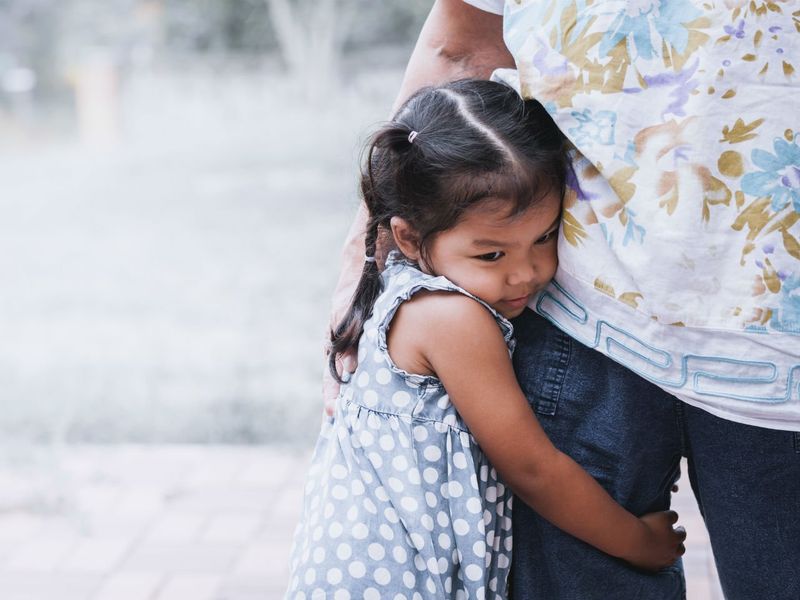
You were instructed to show affection to people you barely knew—or didn’t like—just to avoid “being rude.” Your boundaries were treated as optional.
This sends the harmful message that politeness matters more than personal comfort. You’re taught to ignore your own instincts and do what makes others happy.
As an adult, this conditioning can make you feel guilty for setting boundaries or saying no. Your autonomy should have been respected, not overridden for social convenience.
12. “You’re Lucky You Have It So Good”

Every time you complained about something, you were reminded of how much worse others had it. Instead of empathy, you got a guilt trip.
This kind of emotional comparison forces you to invalidate your own struggles. Just because someone has it worse doesn’t mean your pain doesn’t count.
Gratitude and gaslighting are not the same. Children should be taught to appreciate what they have—but not at the cost of their own emotional validity.
13. When Adults Made You the Problem for Reacting to Their Behavior

If you were upset by something an adult did—yelling, breaking a promise, or lashing out—the blame often shifted to your reaction, not their behavior.
You became “the difficult one” simply for expressing how you felt. That narrative sticks, making you feel like a burden whenever you speak up.
This form of manipulation silences accountability and teaches you that your feelings are the problem. It’s not just unfair—it’s emotionally damaging.
14. “You’re So Dramatic”
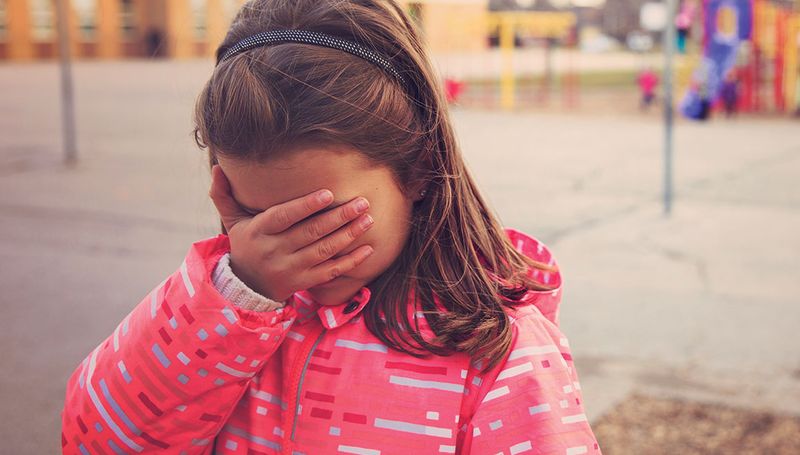
Whenever you showed intense emotion—excitement, fear, joy, or sadness—you were dismissed as being over-the-top. The underlying message? Tone it down, or you won’t be taken seriously.
Children need space to feel fully, but being labeled “dramatic” makes you shrink your personality. You start editing yourself to be more palatable to others.
Over time, that conditioning can lead to social anxiety or emotional suppression. You’re not dramatic—you were just expressing yourself in a world that preferred silence.

Comments
Loading…